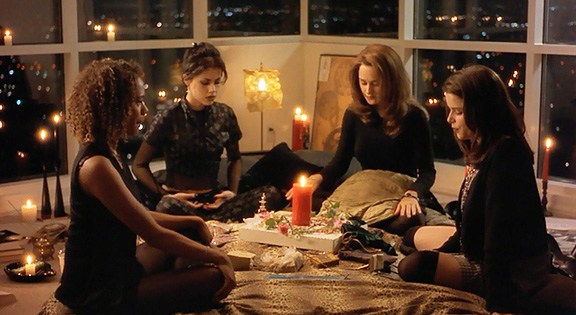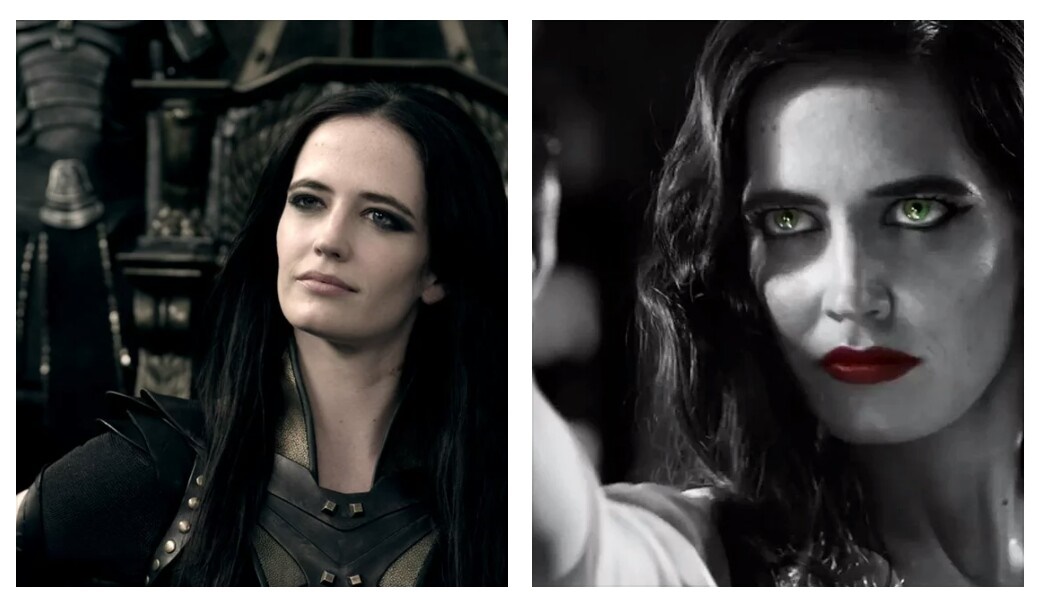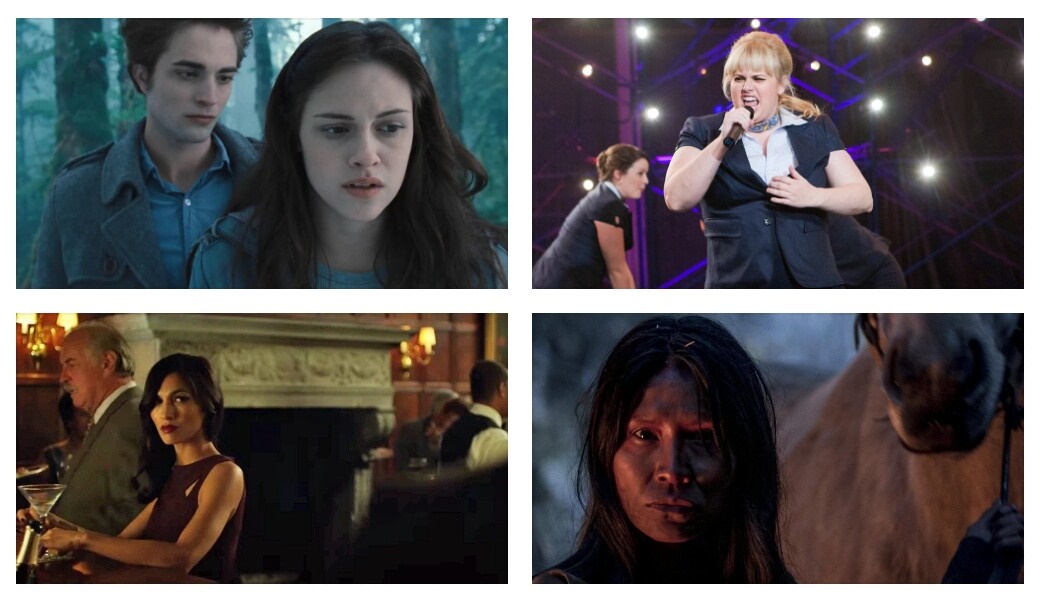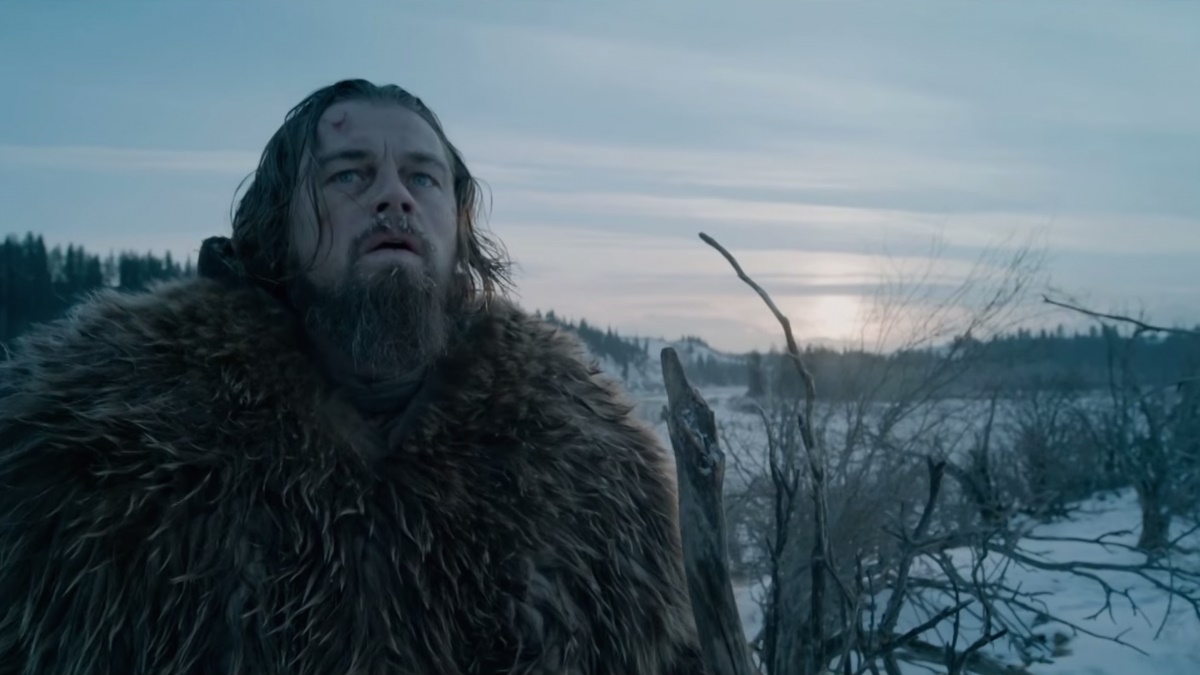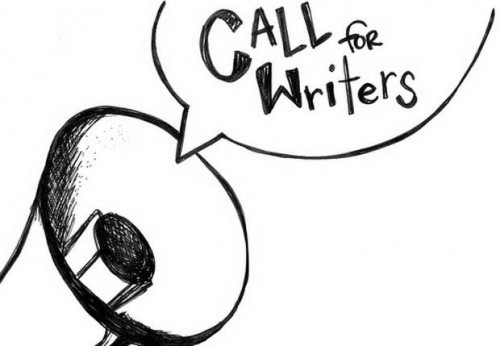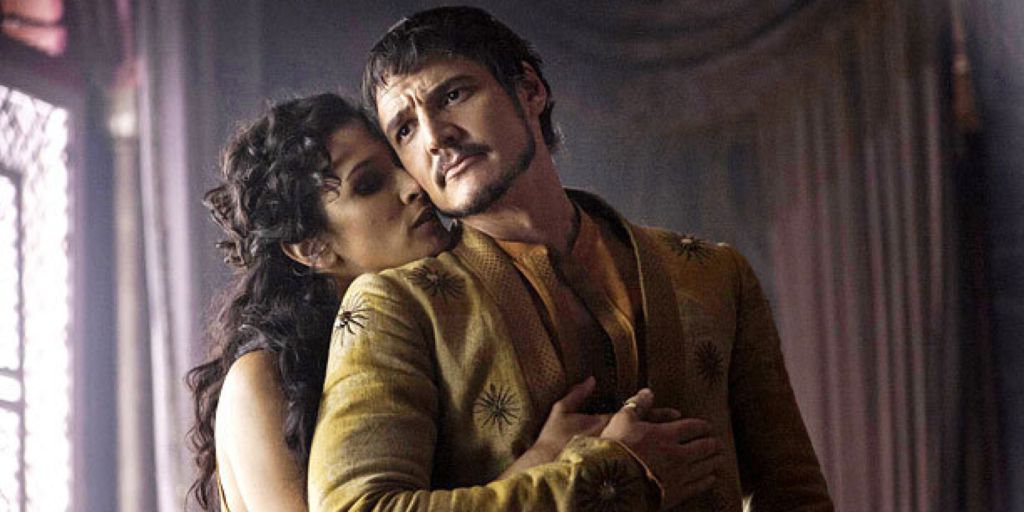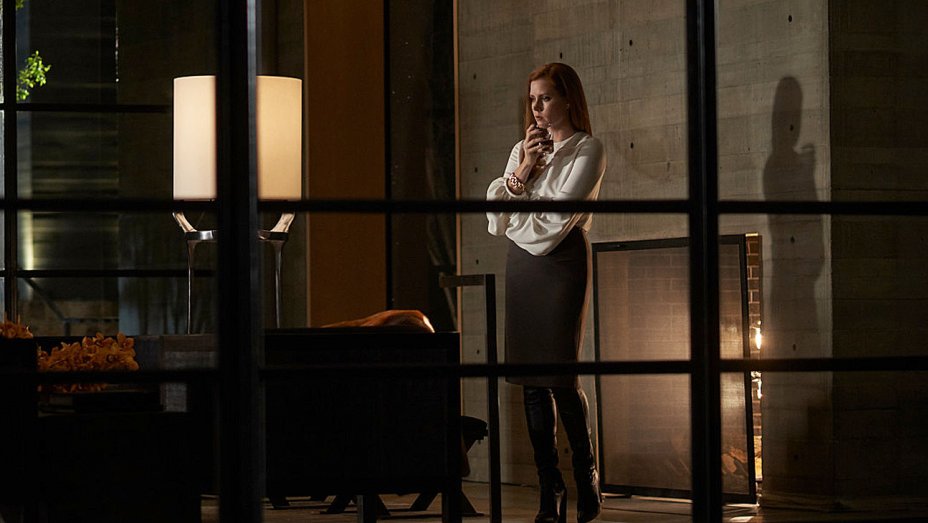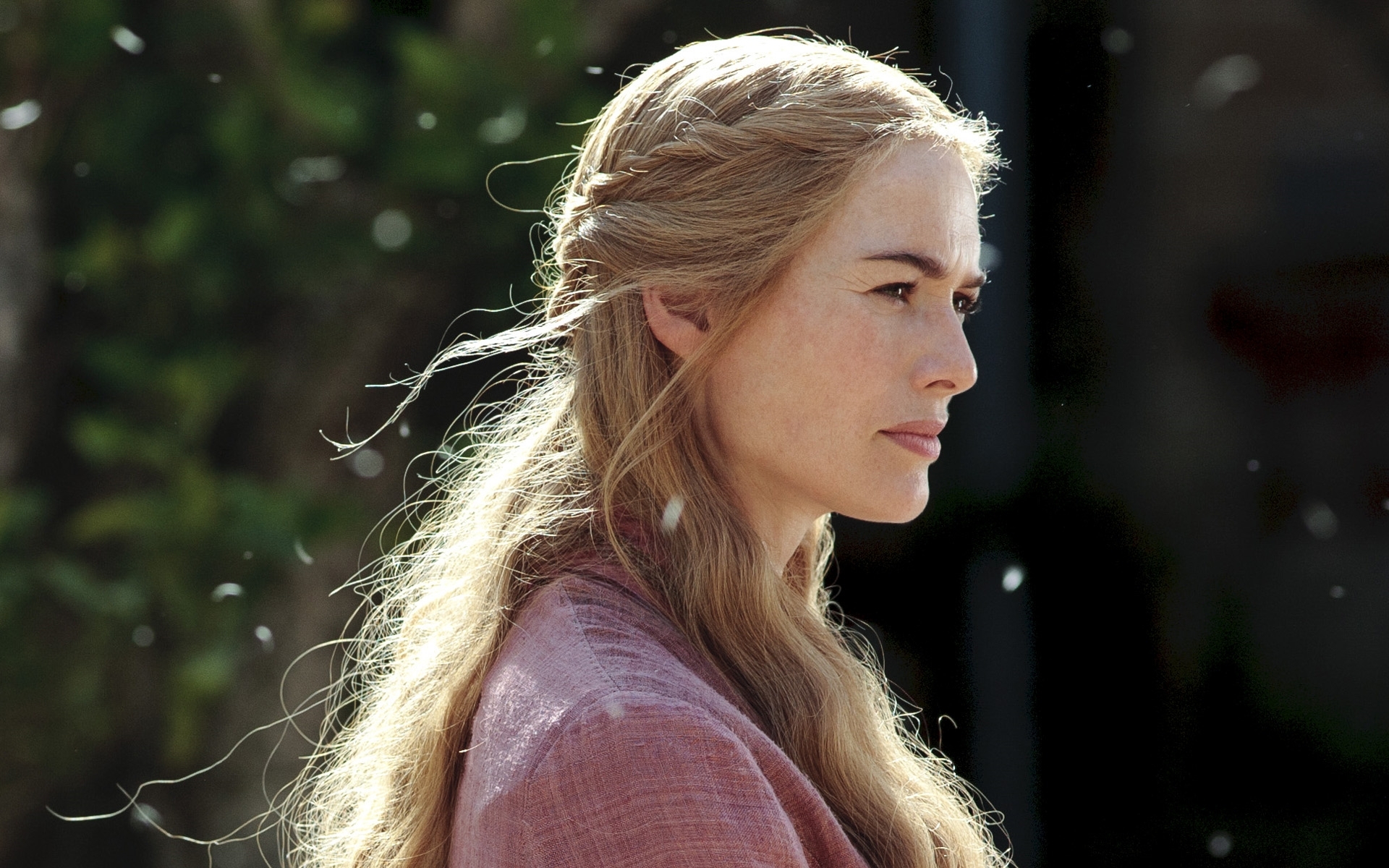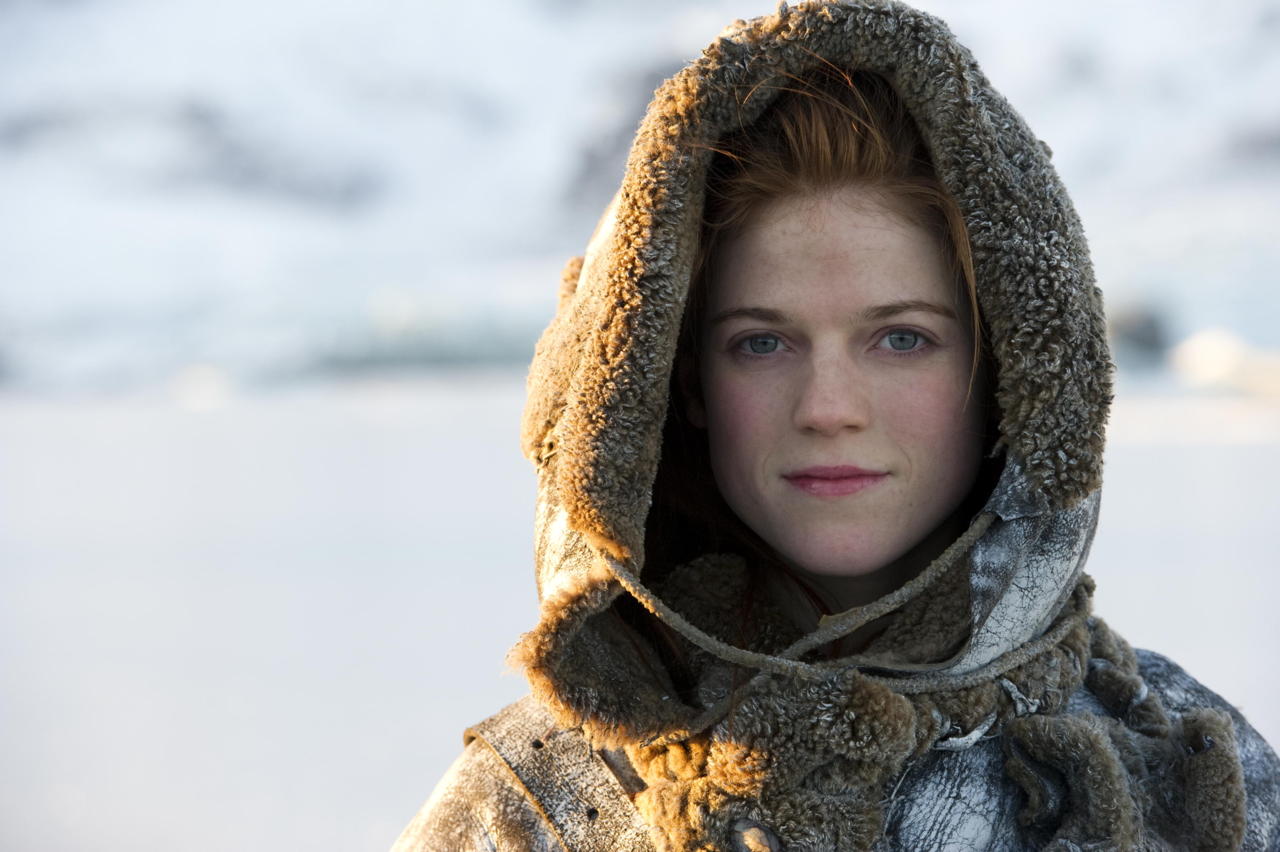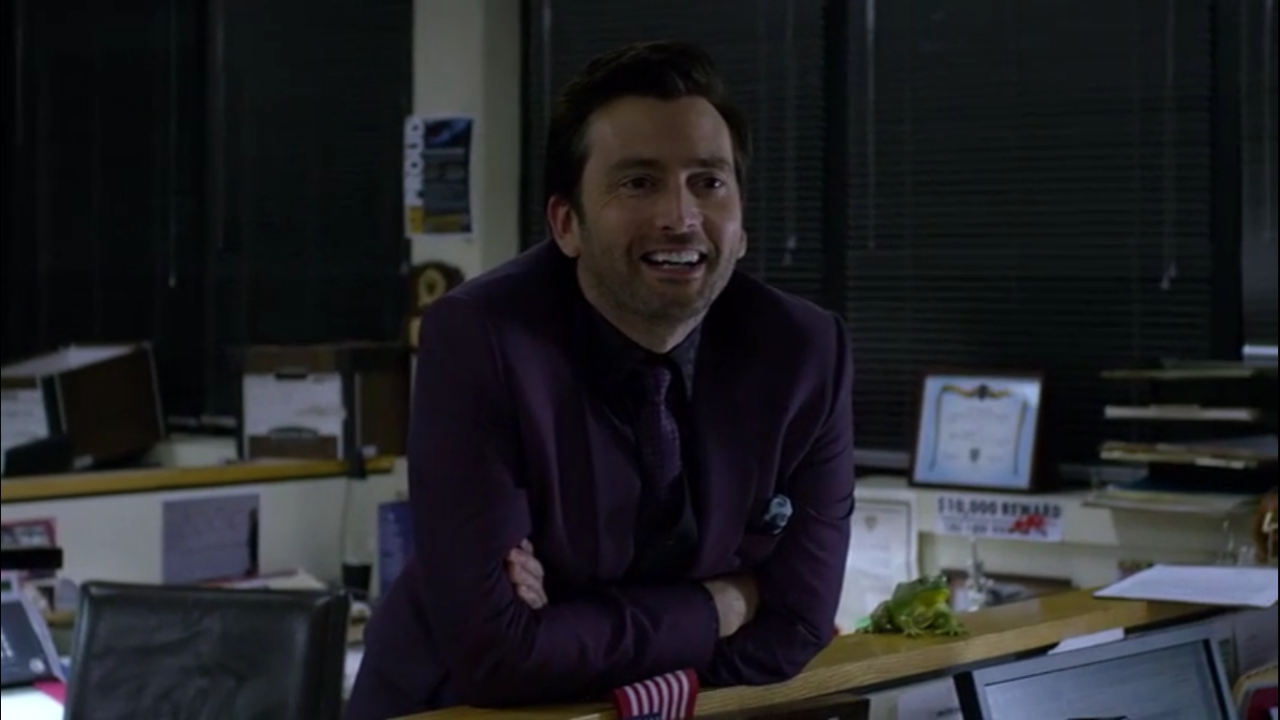“You Can’t Sit with Us”: Witchy Girl Gangs and Covens
Underwritten in this claim of selfhood, however, is a larger message. Each of the films and the TV series, to varying degrees, promote individuality over conformity. Eventually, each teaches viewers the importance of being true to yourself and avoiding the pitfalls of group mentality. …Each manifestation of the girl group trope proposes an affirmation of self-esteem, non-conformity, independence, and individuality.
